The Wizard is a popular character class choice in Dungeons & Dragons. After all, why play a game in a fantasy world if you can’t use magic and cast spells? The Wizard class can perform all kinds of magical feats that will hit the power fantasy button in your brain, but you still have to be smart about how you build your first spellcaster in D&D 5E.
Most D&D campaign settings have a source of magic, such as the Weave in the Forgotten Realms or the three magical moons of Dragonlance. Wizards are those who acquired magical power through years of study, practice, and experiments. They keep their knowledge of magic in their spellbooks, which they guard with their lives, as those tomes are the key to their arcane power.
Related: Dungeons & Dragons: New Player Guide To Fighters
The D&D Wizard, Everything You Need To Know

The Wizard is one of the three arcane spellcaster classes in D&D 5E, along with the Sorcerer and the Warlock. While Sorcerers and Warlocks only gain spells when they level up, Wizards can potentially learn every spell on their list. This is because they can copy spells from scrolls and other spellbooks they find in the wild, giving them even more options in combat.
Just because you have access to these spells doesn’t mean you can prepare them all at once. Wizards can prepare a number of spells each day equal to their level + Intelligence modifier. This means you’ll start with 1-6 spells that you can prepare, and that number gradually goes up over time. You can then change these spells when you take a long rest.
The exception to the preparation rule is Ritual spells. If a spell with the Ritual tag is in your spellbook, you don’t need to prepare it to cast it as a Ritual. This means you can cast the spell as a Ritual without using a spell slot, but it takes ten minutes longer to cast. Usually, Ritual spells aren’t meant for combat or quick escapes, so it helps to stock up on as many of them as possible on the off-chance that you need them.
Wizards use Intelligence as their main stat for casting spells, so this should be your highest one. You should then put your next highest in Dexterity (to avoid taking damage) and Constitution (to get more hit points, as you won’t have many). The only real dump stat should be Strength, as you likely won’t be hitting people with sticks. For the remaining stats, Wisdom will give you better saving throws against mind-control spells, while Charisma will help you in social situations.
As an arcane spellcaster, you are best suited to stay out of combat. You should stick to the back of the group and let the warriors do their job: use them as a group of blockers against the enemy. Most spells can be used at a distance, so use that range to your advantage, rain death upon your foes, or use debuff spells to weaken their elite units.
Creating A Concept For Your D&D Wizard
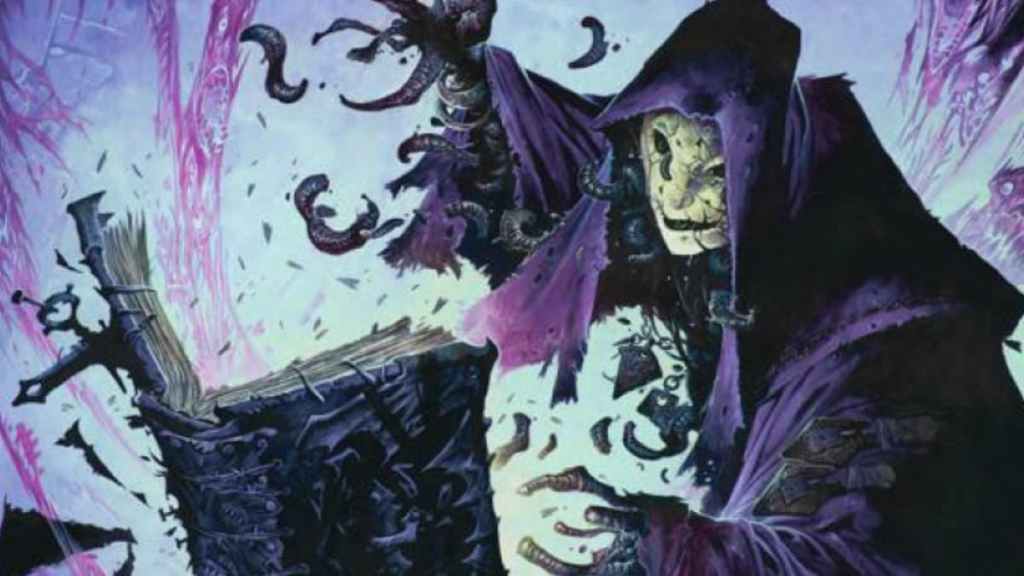
The Wizard has the most defined backstory of the three arcane spellcaster classes in the Player’s Handbook. This is because anyone can be born a Sorcerer, and anyone can make a deal with a devil, to become a Warlock. To become a Wizard, you must spend years studying arcane tomes and practicing how to cast spells, which limits the approach the player can take when fleshing out their character’s life before becoming an adventurer.
Most players opt for their character having attended a magical school or acting as an apprentice to an accomplished magician. This is true for most of the Wizards in D&D lore, who have a structured element to their education. The D&D multiverse has some easy options for players who want a quick backstory, such as Strixhaven University from Magic: The Gathering, which characters can attend before returning to their home world.
There is some wiggle room for interesting character concepts that buck the trend, such as a self-trained Wizard who made the best of a couple of tomes they found in a library. Maybe their master wasn’t some wise sage but a criminal with arcane skills who took the player character under their wing in prison and taught them the magic they needed to escape. Perhaps the school was less Hogwarts and more Battle Royale, where only one student was allowed to survive in each class. Ultimately, education in magic is the defining part of the Wizard, and you can approach that idea in different ways.
Easy Character Race Choices For A D&D Wizard

In the base version of D&D 5E rules, any race with an Intelligence bonus, such as the high elf or the gnome, was the ideal choice for the Wizard class. Since the new stat bonus rules were introduced in Tasha’s Cauldron of Everything, this no longer applies, and there’s no downside to picking any specific race for a Wizard.
In terms of advantages, any creature with a flying ability has a great advantage as a Wizard, as they can stay out of combat. This means that the aarakocra, fairy, and owlin are all great choices for a Wizard, as they can hover out of the way of melee foes, though this won’t protect them from archers or enemy spellcasters.
As Wizards need to spend time copying spells into their spellbook, there is also an advantage to playing a race that requires less rest than other characters. Jeremy Crawford said in a Sage Advice post that copying spells can be allowed during a long rest, giving the player a chance to copy spells to their books while out in the field. To this end, any of the elven races (including half-elves) are excellent choices for a Wizard, as they only need to trance for four hours, giving them extra time during a long rest to copy spells. The reborn lineage from Van Richten’s Guide to Ravenloft also only needs to rest for four hours at night and doesn’t sleep, so they have extra spell-writing time.
How To Use The D&D Wizard’s Arcane Recovery

Spells are the bread and butter of the Wizard class, but they do get one other notable ability outside of their subclass choice: Arcane Recovery. Arcane Recovery lets you recover spell slots equal to or half your Wizard level rounded up when you take a short rest. The number of these slots can be spread, so if you have three spell slots, you can restore a level 3 spell slot, a level 2 and a level 1 spell slot, or three level 1 spell slots. Also, Arcane Recovery can only be used once per day, and you cannot recover a spell slot of level 7 or higher! This is what Arcane Recovery restores for levels one through ten:
- Level 1 – 1 spell slot
- Level 2 – 1 spell slot
- Level 3 – 2 spell slots
- Level 4 – 2 spell slots
- Level 5 – 3 spell slots
- Level 6 – 3 spell slots
- Level 7 – 4 spell slots
- Level 8 – 4 spell slots
- Level 9 – 5 spell slots
- Level 10 – 5 spell slots
Best Low-Level D&D Wizard Spells To Pick

The big benefit of the Wizard class is that they can potentially acquire their entire spell list, but they can still only memorize a handful at a time. To this end, some choices are better than others when it comes to preparing a spell list for an adventure.
Cantrips: Fire bolt is a great ranged attack spell that strengthens over time. Mage hand is a great utility tool, as you can manipulate objects you cannot easily reach. Friends gives advantage on Charisma checks with non-hostile creatures, which is great, as Charisma might not be your strong suit. Minor illusion is great for quick distractions, though the illusion won’t last under scrutiny.
Level 1: Sleep is the best crowd control spell, as it can quickly incapacitate a group of foes with one action. Mage armor provides a great Armor Class bonus, and it lasts for eight hours, so you can potentially squeeze an Arcane Recovery in there and get the slot back. Magic missile is guaranteed to hit, making it useful at any level, especially if you’re close to finishing an enemy. Tasha’s hideous laughter can temporarily disable stronger foes, especially ones with poor Wisdom saving throws.
Level 2: Invisibility is the cure for bad Stealth checks and is useful in numerous situations. Web is great for restraining groups of foes, and you can deal extra damage by setting it aflame. Mirror image is a great defense spell, as it can prevent several hits from going through. Flaming sphere is an attack spell that can stay active for a minute, though be aware that it requires concentration.
Level 3: Counterspell is the perfect anti-caster tactic, especially if your allies outnumber the enemy, as you can focus on shutting down their magic. Fireball is the quintessential AoE attack spell and is great for dealing with groups of enemies. Haste is the best low-level buffing spell in the game, as it gives extra Actions to your allies (with limited options than normal.) Dispel magic robs an enemy of their magical defenses, leaving them open to attack.
Which School Of Magic Should You Select For Your D&D Wizard?

The Wizard class has the most subclasses (called Arcane Traditions) in the Player’s Handbook, with eight schools of magic to choose from. One trait all Arcane Traditions share is that the time and gold cost for copying a spell from your chosen school into a spellbook is halved. These schools are Abjuration, Conjuration, Divination, Enchantment, Evocation, Illusion, Necromancy, and Transmutation. You select your Arcane Tradition at level 2, and it provides a unique class ability, which are detailed below:
Abjuration: This school focuses on defensive spells and magic that binds and banishes creatures from other planes of existence. Pick this school if you want to focus on buffing spells. They receive the Arcane Ward ability, allowing them to create a magical shield around your Wizard when they cast an Abjuration spell. This shield absorbs damage equal to twice your Wizard level + Intelligence modifier before vanishing, and it cannot be used again until you take a long rest.
Conjuration: This school focuses on summoning and transporting using magic. Pick this school if you want to summon monsters and teleport from one place to another. They receive the Minor Conjuration ability, which is one of the more situational ones, as it lets the caster use their action to summon an inanimate object that lasts for an hour, can’t be larger than 3 feet, can’t weigh more than 10 pounds, and must be something the caster has seen before. This can be used to replicate specific tools, keys, and even small weapons, should the need arise.
Divination: This school lets you use magic to see and hear things from great distances. Pick this school if you love spoiling the dungeon layout. They receive the Portent ability, which lets you roll two d20s when taking a long rest. The next day, you can use the result of either of those d20s when making an attack roll, saving throw, or ability check, but it has to be done before rolling a d20 for the check itself. This ability is excellent and can ensure you can survive a fatal spell or trap.
Enchantment: This school lets you use magic to influence the thoughts of others. Pick this school if you want mind control powers. They gain the Hypnotic Gaze ability, which can be used on an enemy within 5 feet of the caster. If they fail a Wisdom saving throw, they fall under the charmed status effect. You must use your Action to maintain this effect on following turns and stay within 5ft of them at all times. If the creature takes damage or can no longer see/hear you, then the effect ends. A creature can only be affected by this once per your long rests.
Evocation: This school lets you manipulate energy to harm others. Pick this school if you want to play a combat mage who throws fireballs and lightning bolts. They gain Sculpt Spells, which is used alongside any evocation spells that affect multiple creatures. You can select a number of creatures equal to the level of the spell +1, and if they are affected by the spell, they automatically pass the saving throw and take no damage if they’re only meant to take half. This is a great ability if you want to lob a fireball in the middle of combat.
Illusion: This school lets you create auditory and visual illusions and summon semi-real shadows. Pick this school if you love tricking enemies and causing them to fall into traps. They gain the Improved Minor Illusion ability, which gives them minor illusion or a different Cantrip if they have it already. Improved Minor Illusion lets you simultaneously use the sound and visual components of minor illusion for a more effective spell at zero cost.
Necromancy: This school is about mastering control of negative energy and using it to study the mysteries of life and death. Pick this school if you like summoning undead and draining your opponent’s life force. They gain the Grim Harvest ability, which activates if you kill an enemy with a spell, so long as the enemy isn’t a construct or undead. Once the enemy is slain, you restore hit points equal to the spell’s level or three times the level if it’s a Necromancy spell.
Transmutation: This school is all about transforming one object into another, including yourself. Pick this school if you want to be a shapeshifter or have the power to turn dragons into chickens. They gain the Minor Alchemy ability, which lets them turn one cubic foot of one substance into another, excluding precious metals like gold, platinum, and gemstones. The item returns to its original form after an hour or if the caster’s concentration is broken.
Related: D&D Reveals First Look At Upcoming Dungeon Master’s Guide
The Wizard class is the arcane master of utility. You have access to many different spells and can switch between them when resting, giving you plenty of time to prepare for any situation. They also have an advantage when taking knowledge-based skills, giving them lots of uses outside of combat, as having an academic on your team is really helpful, especially when they can throw fireballs.

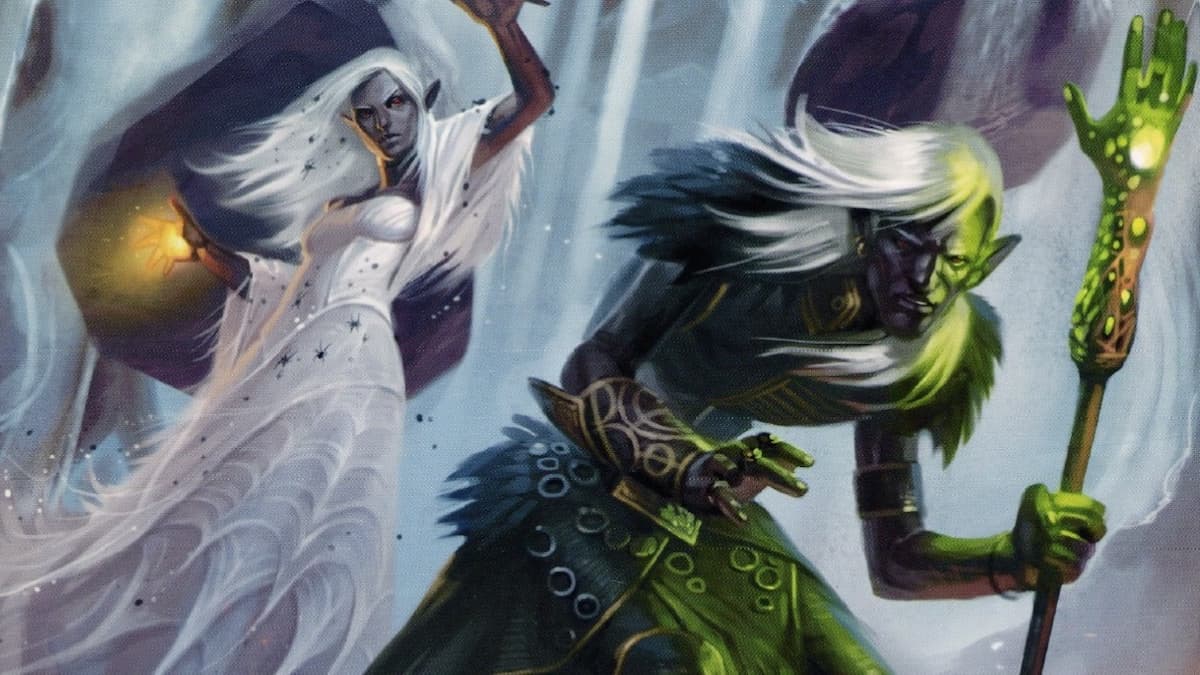


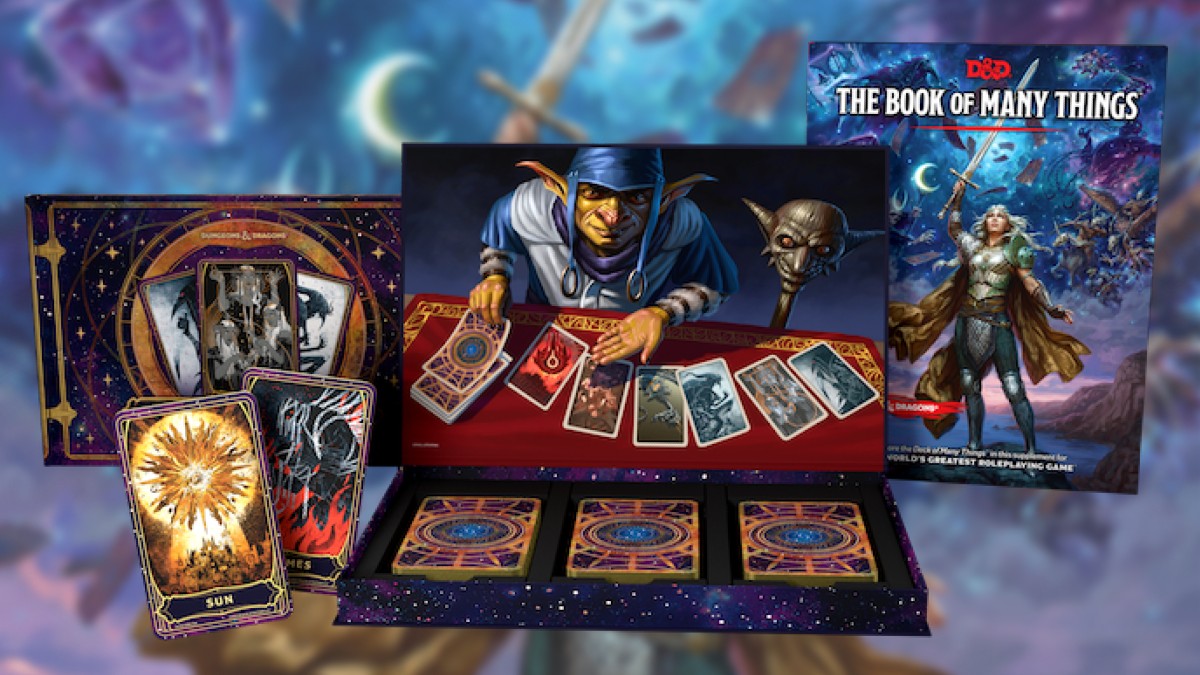
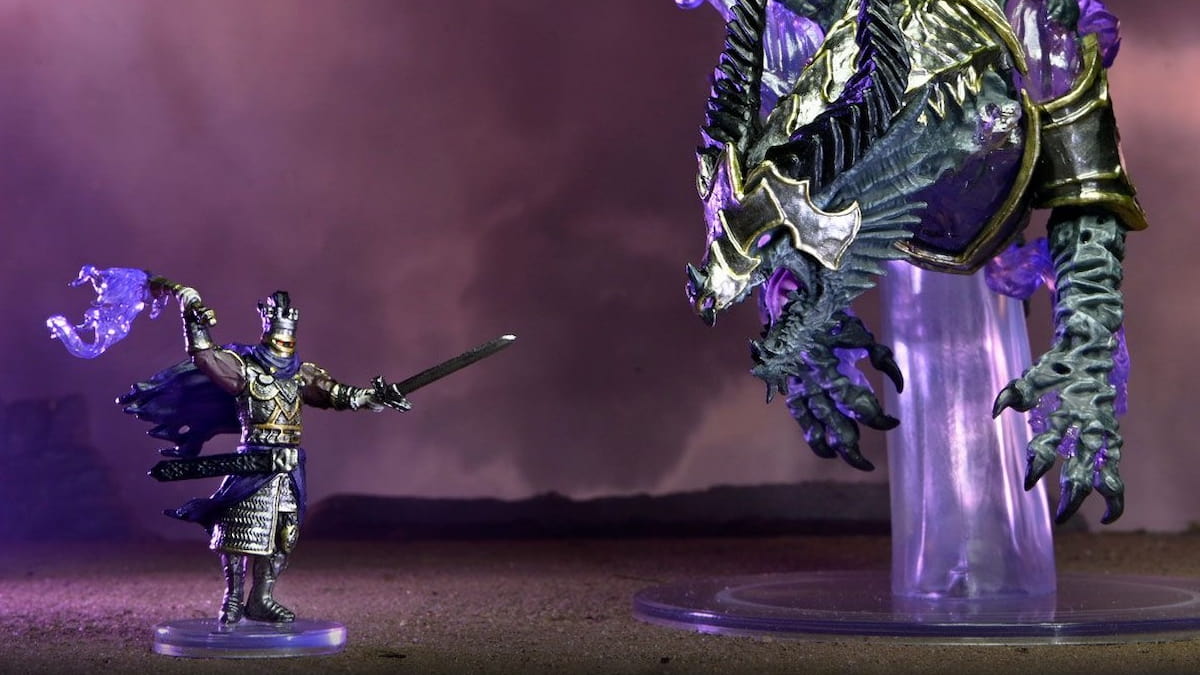
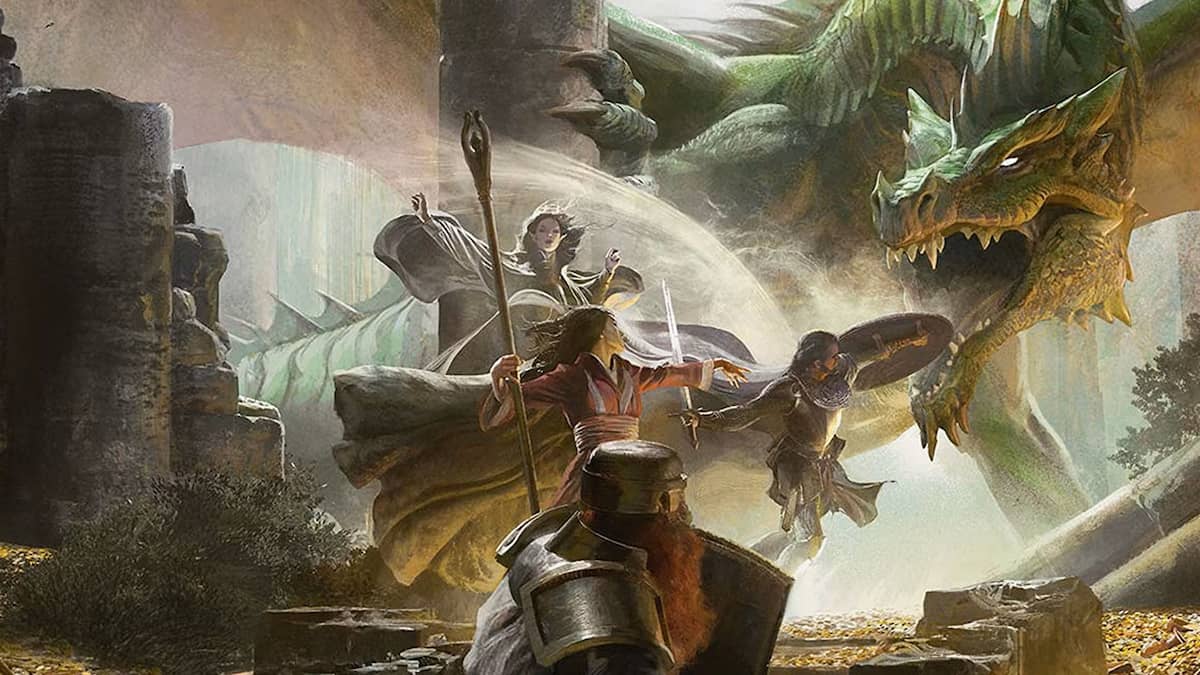
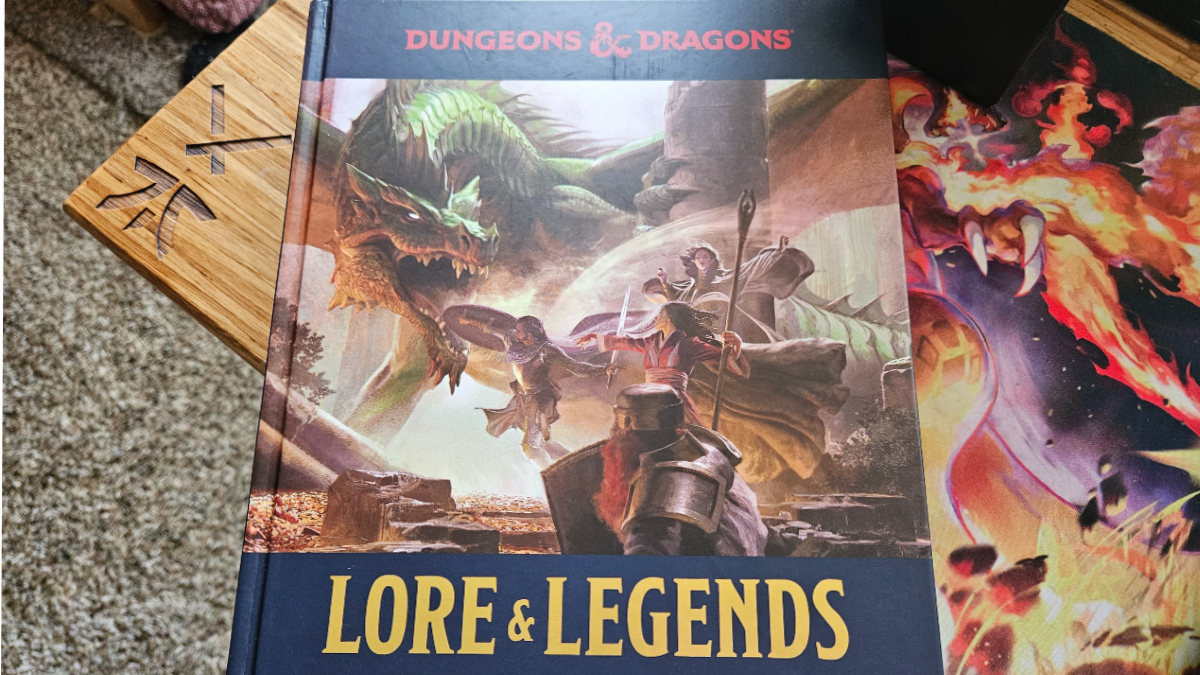
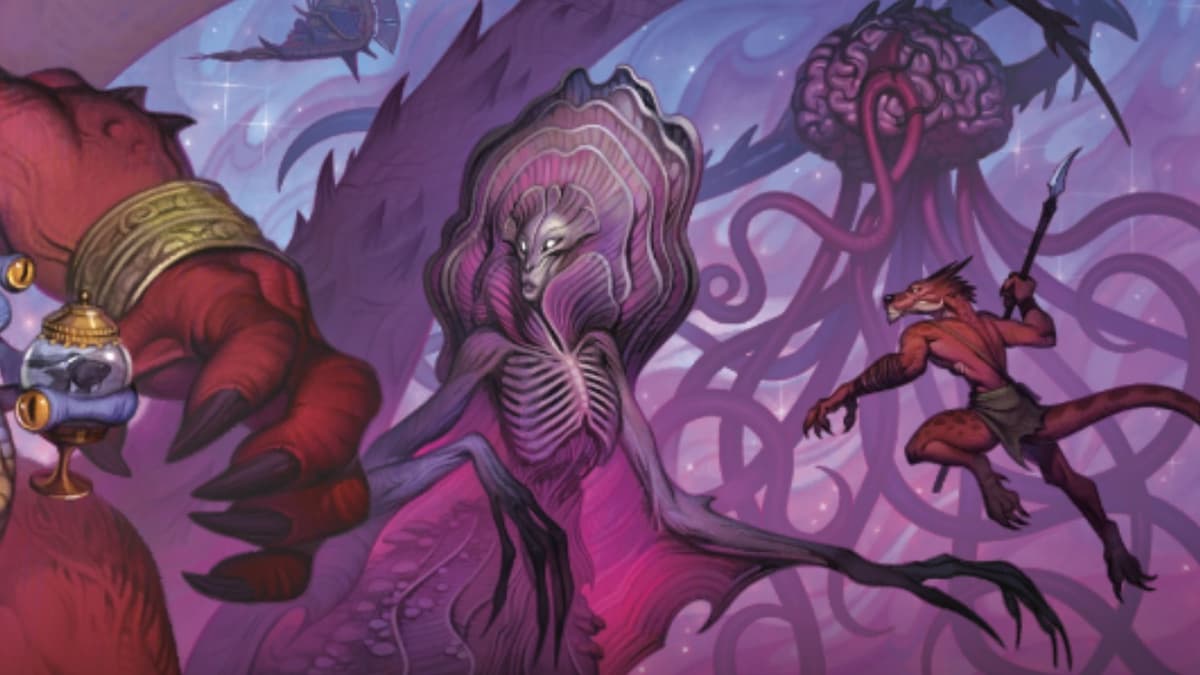
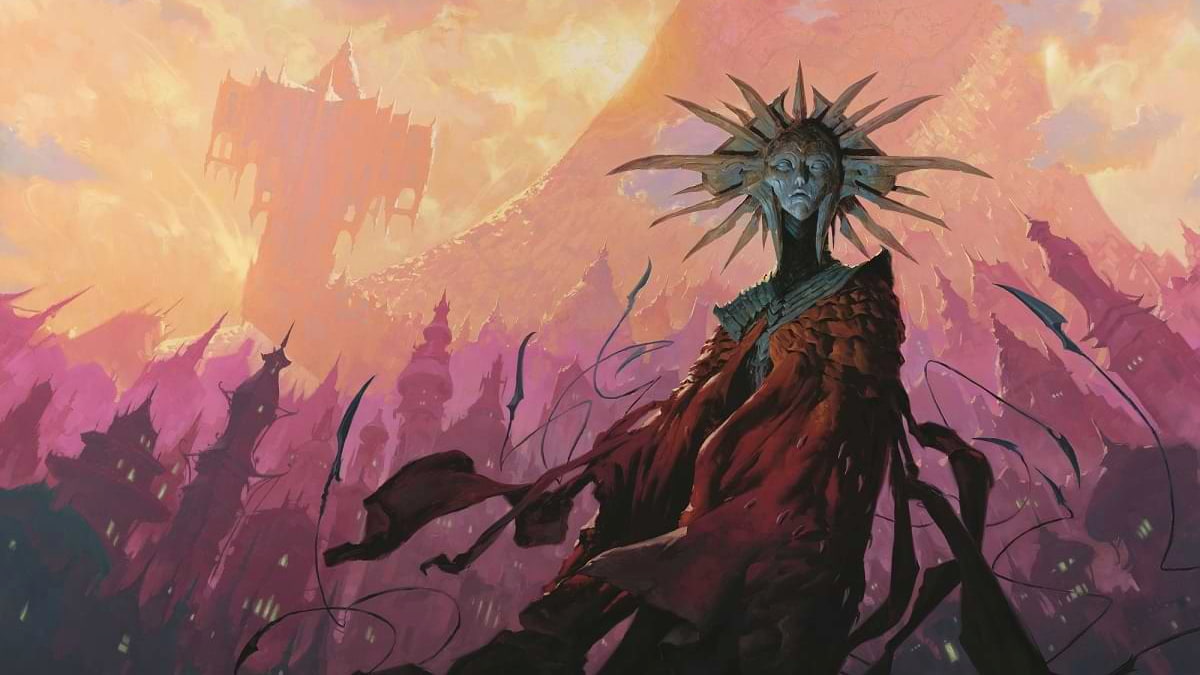
Published: Jun 28, 2023 12:48 am